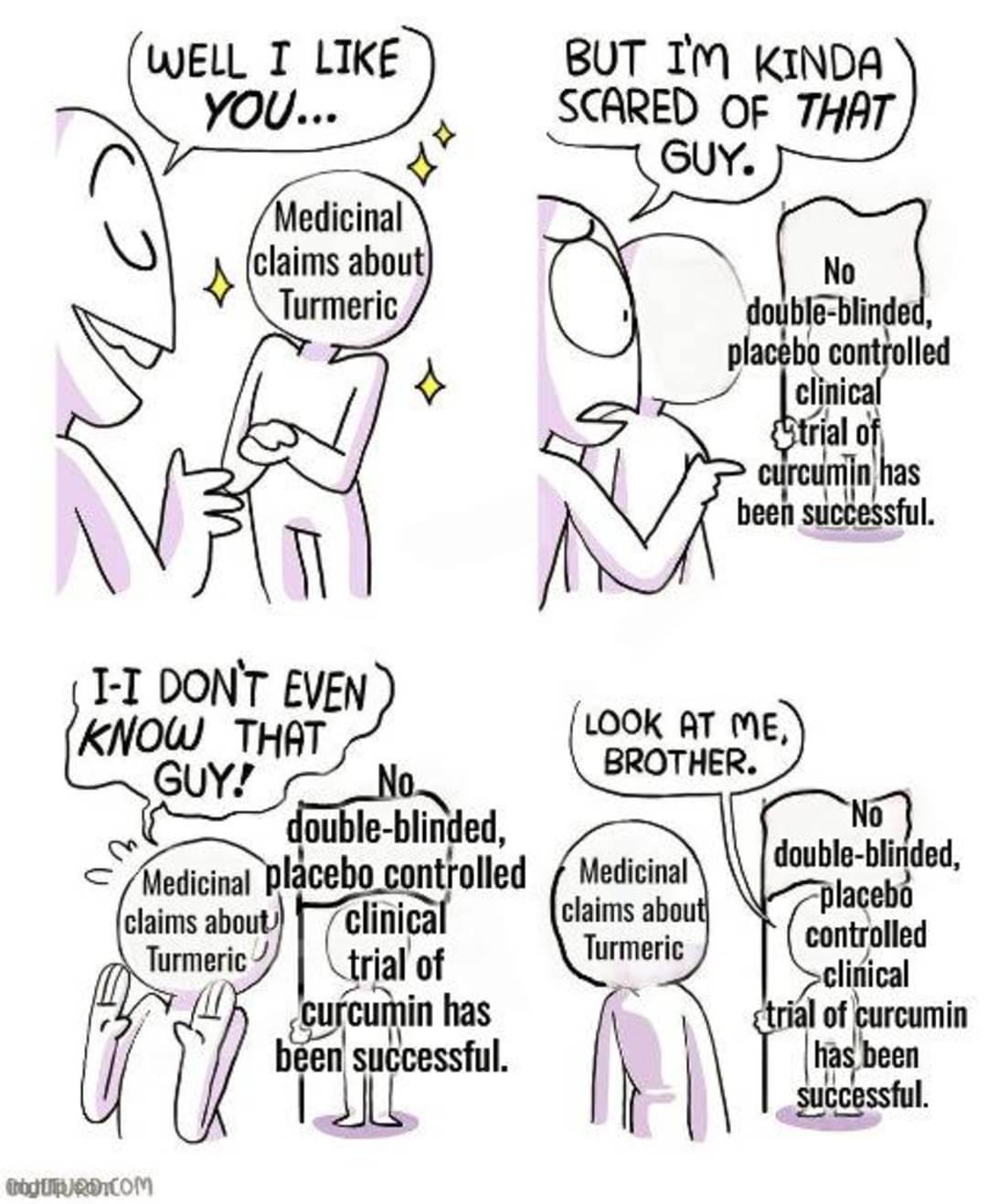this post was submitted on 31 May 2024
396 points (96.7% liked)
Science Memes
11530 readers
1277 users here now
Welcome to c/science_memes @ Mander.xyz!
A place for majestic STEMLORD peacocking, as well as memes about the realities of working in a lab.

Rules
- Don't throw mud. Behave like an intellectual and remember the human.
- Keep it rooted (on topic).
- No spam.
- Infographics welcome, get schooled.
This is a science community. We use the Dawkins definition of meme.
Research Committee
Other Mander Communities
Science and Research
Biology and Life Sciences
- [email protected]
- [email protected]
- [email protected]
- [email protected]
- [email protected]
- [email protected]
- [email protected]
- [email protected]
- [email protected]
- [email protected]
- [email protected]
- [email protected]
- [email protected]
- [email protected]
- [email protected]
- [email protected]
- [email protected]
- [email protected]
- [email protected]
- [email protected]
- [email protected]
- [email protected]
- [email protected]
- [email protected]
- !reptiles and [email protected]
Physical Sciences
- [email protected]
- [email protected]
- [email protected]
- [email protected]
- [email protected]
- [email protected]
- [email protected]
- [email protected]
- [email protected]
Humanities and Social Sciences
Practical and Applied Sciences
- !exercise-and [email protected]
- [email protected]
- !self [email protected]
- [email protected]
- [email protected]
- [email protected]
Memes
Miscellaneous
founded 2 years ago
MODERATORS
you are viewing a single comment's thread
view the rest of the comments
view the rest of the comments

The evidence is much better for SSRI, and it isn’t great, but the referred paper even points out that the curriculum wasn’t as effective as an SSRI.
The meme remains true, no proper or valid studies exist. The existence of a paper doesn’t prove that, the paper is self addresses it wasn’t a proper study. They just did it in a dishonest way.
Why are you completely ignoring the second paper I linked, which doesn't suffer from any of the limitations you mentioned?
The meme says no trial was successful. Any trial with any small difference is a successful trial.
I didnt bother reading the second since the first was blatantly misleading.
The second looks like they’re trying to p hack hack their way to a result.
They also have more relapses in the curicumin group in the second 6 month period than the control group. They also have enough people leaving the control group to cause a shift in their p value to make their results insignificant.
The second papers findings are weak and they aren’t very robust.
Sorry, but this makes clear that you aren't in science. You should avoid trying to shit on studies if you don't know how to interpret them. Both of the things you mentioned actually support the existence of a true effect.
First, if the treatment has an effect, you would expect a greater rate of relapse after the treatment is removed, provided that it treats a more final pathway rather than the cause: People in the placebo group have already been relapsing at the typical rate, and people receiving treatment--whose disease has been ramping up behind the dam of a medication preventing it from showing--are then expected to relapse at a higher rate after treatment is removed. The second sixth-month period was after cessation of the curcumin or place; it was a follow-up for treatment-as-usual.
Second, people drop out of a study nonrandomly for two main reasons: side effects and perceived lack of treatment efficacy. The placebo doesn't have side effects, so when you have a greater rate of dropout in your placebo group, that implies the perceived treatment efficacy was lower. In other words, the worst placebo participants are likely the extra dropouts in that group, and including them would not only provide more degrees of freedom, it would theoretically strengthen the effect.
This is basic clinical trials research knowledge.
Again, I have no skin in the game here. I don't take curcumin, nor would I ever. I do care about accurate depictions of research. I'm a STEM professor at an R1 with three active federal grants funding my research. The meme is inaccurate.